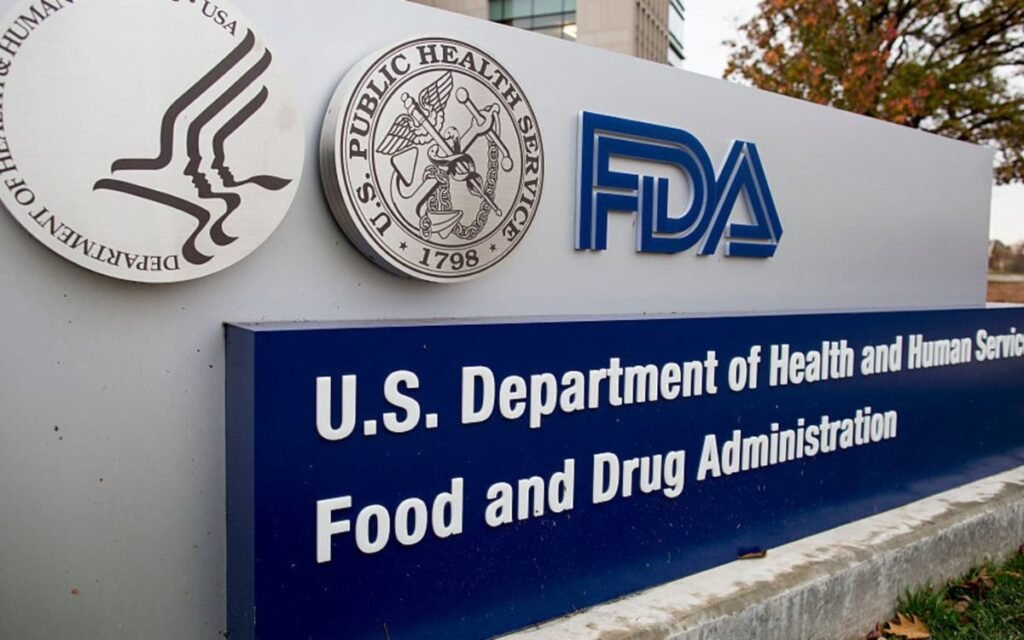The FDA advisory committee has expressed satisfaction with the evaluation of potential off-target effects conducted by CRISPR Therapeutics and Vertex Pharmaceuticals for their CRISPR-based gene therapy, exa-cel, alleviating the FDA’s top concern as the approval deadline approaches.
Taby Ahsan, Ph.D., the acting chair of the Cellular, Tissue, and Gene Therapies Advisory Committee, summarized the meeting by acknowledging the robust approach employed to identify off-target effects. This conclusion supports the view of CRISPR Therapeutics and Vertex that the thorough investigation of potential off-target edits justifies approval due to the therapy’s potential benefits for patients with sickle cell disease. The FDA is scheduled to make its decision on the approval of exa-cel for sickle cell patients by December 8, with a decision date for beta thalassemia set for March 30, 2024.
To address off-target concerns, Vertex and CRISPR Therapeutics utilized in silico and cellular-based tests to identify potential off-target edits or susceptible areas. While they initially relied on data from the 1,000 Genomes Project, the sample size was eventually reduced to 61 datasets when focusing on the ideal patient population. The possibility of conducting in vitro testing with naked DNA using Cas9 and guide RNA protein was raised during the meeting to identify additional off-target edits. However, it was suggested that given the extensive analysis already conducted, the effort may not be necessary at this point.
Also Read: CRISPR-Vertex’s Gene Editing Therapy Faces FDA Committee Review
The meeting included discussions about plans for 15 years of follow-up on patients involved in the phase 1/2/3 study and those who will receive the commercial product, with an emphasis on real-time analysis of gene edits.
Overall, the committee did not raise significant issues regarding the companies’ assessment of off-target effects, especially in light of compelling clinical evidence. Updated data presented in June revealed positive outcomes, with a high percentage of patients achieving transfusion independence and experiencing reduced vaso-occlusive crises.
As the committee did not vote on exa-cel’s risk-benefit profile, investors appeared relatively confident about the therapy’s approval potential. RBC Capital Market researchers had anticipated a “pretty benign” meeting, and J.P. Morgan analysts left the meeting with a more positive outlook on exa-cel’s approval prospects.





























